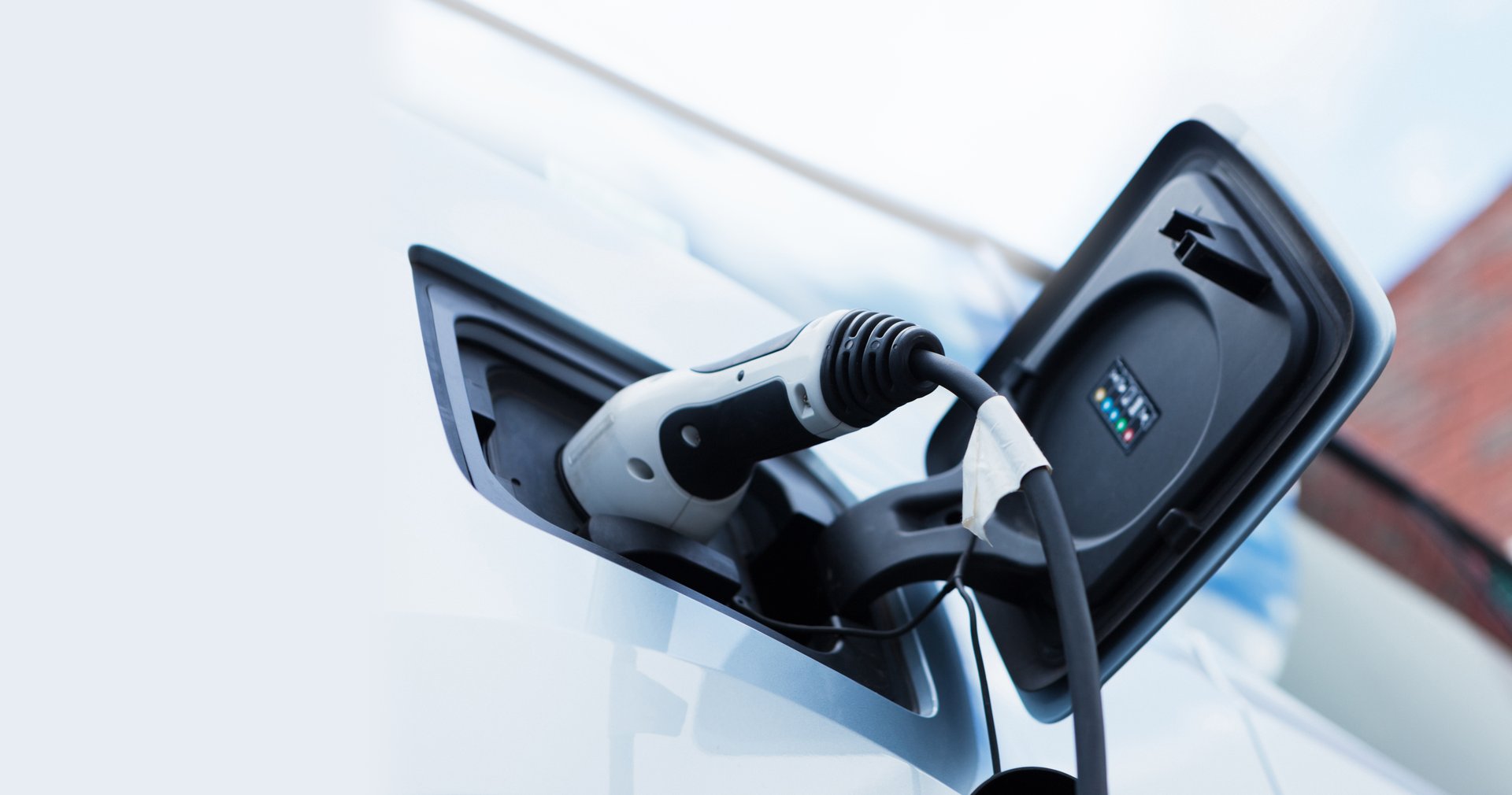The Faculty of Science and Engineering plays a key role in the energy transition and sustainable development. Every day, its professors push the boundaries of innovation to design mineralurgical processes that are less energy-intensive and more environmentally friendly.
These efforts include the creation of high-performance turbine and wind turbine prototypes, adapted to the growing need for renewable energy. In addition, teams are developing eco-responsible chemical processes, such as catalysis or the manufacture of electroactive polymers, thereby reducing the industry's carbon footprint.
Thanks to this ongoing commitment, the Faculty is actively helping to build a future where technology and sustainability go hand in hand.
